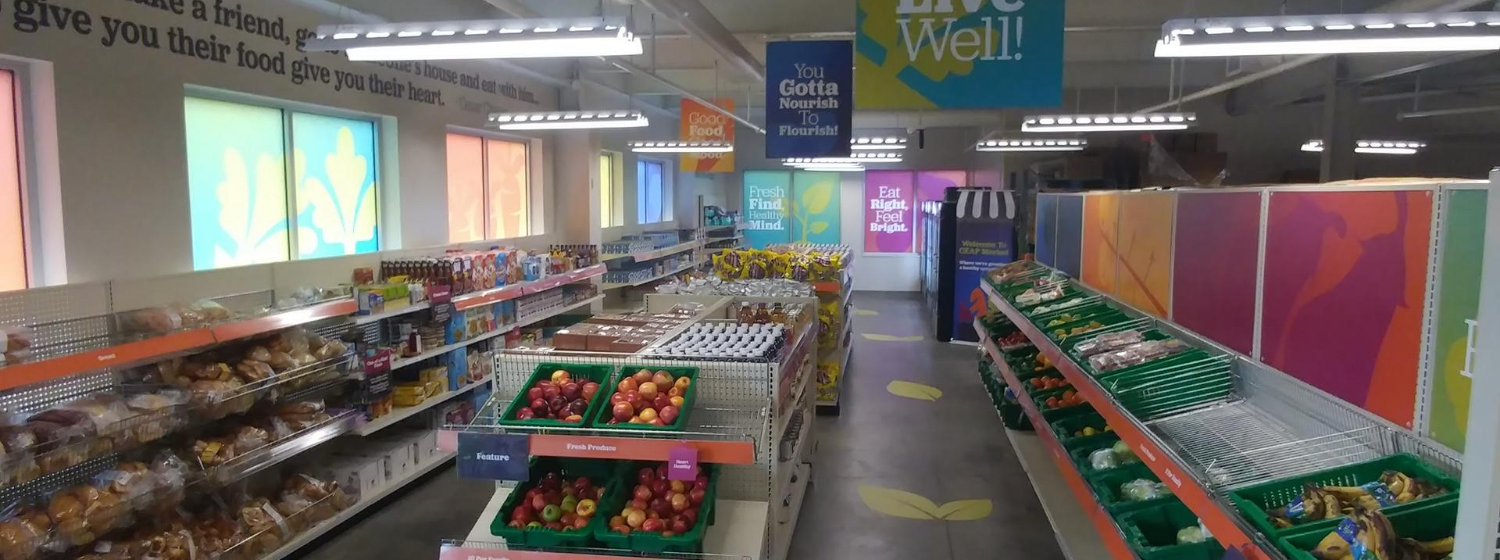Community Emergency Assistance Programs (CEAP) is a community-based, non-profit agency dedicated to providing information, referrals, advocacy and assistance to our neighbors. While we are located in Brooklyn Center, we have no geographic boundaries to our services and any neighbor who needs our services may use them.
Our Mission.
CEAP mobilizes resources, shares abundance, and nourishes neighbors to create and celebrate a healthier, stronger, and more connected community.
Rooted in Faith.
Brooklyn Center resident, Madeleine Roche, founded Community Emergency Assistance Program (CEAP) in April 1970 as a response to the growing need for human services in the Brooklyn Center and Brooklyn Park area. She and other community members joined with local churches to bridge the assistance gap for those in need. In 1971, CEAP was incorporated as a tax-exempt charitable organization and elected its first Board of Directors.
Since its inception, CEAP has operated out of several locations. Its first office was in the Catholic Church of St. Alphonsus rectory, and with the help of the Brooklyn Center Jaycees and the Bicentennial Commission, CEAP moved into the old Brooklyn Center City Hall until it burned down in 1977. CEAP operated temporarily out of two houses until it could be moved into a building on land donated by a community resident in 1980. For the next seventeen years, CEAP occupied that building on Brooklyn Blvd until moving into the 78th Ave building in Brooklyn Park in 1997.
Blooming Where We Are Planted.
In the fall of 2012, CEAP moved into a new facility, the Northwest Family Service Center, in partnership with Hennepin County Public Health and Human Services and Osseo Area Schools Early Childhood Enrollment and Continuing Education Centers. This partnership allows us to offer “wrap around services” in one location. We know that hunger is a symptom of other issues. Our partnership gives the resources to our families that they need to find sustainable solutions that will move them to independence. Our collaboration meets the needs our families have today and also provides resources for housing, healthcare, and education.
Today, in collaborative partnerships with community, corporate and government agencies and faith communities, we are helping our neighbors meet their basic needs and provide skills and resources to achieve self-sufficiency. Together, we want a stronger, healthier and connected community.

